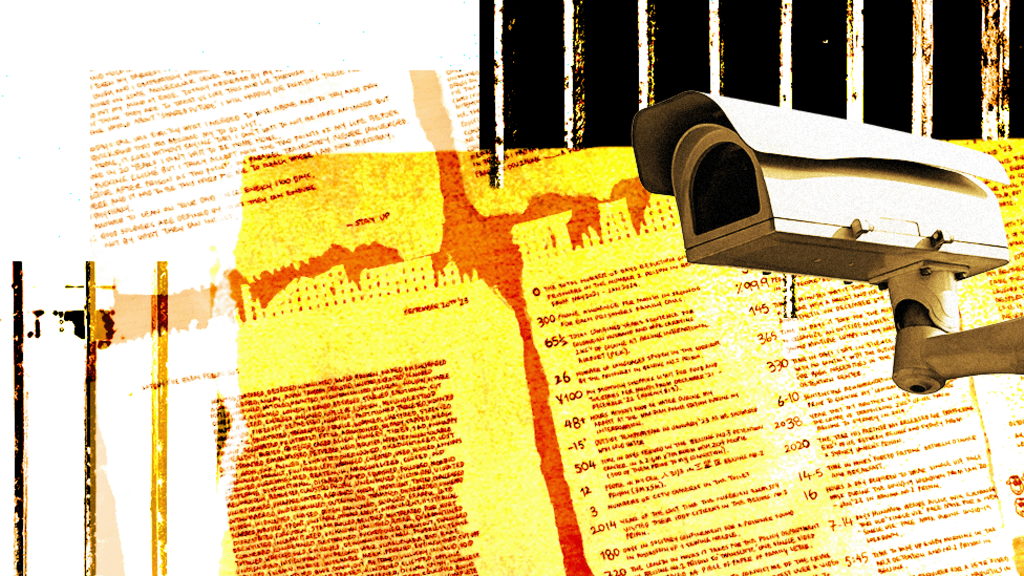Australian citizen Matthew Radalj, after serving five years in Beijing No. 2 prison—a facility housing international inmates—has detailed harrowing conditions within the Chinese prison system. His account, corroborated by several anonymous former inmates fearing reprisals against their families in China, describes severe human rights abuses.
Radalj recounts brutal initial treatment, including beatings, sleep deprivation, and coerced confessions following his January 2020 arrest. He alleges wrongful conviction for robbery stemming from a dispute over a mobile phone repair. Despite a four-year sentence, he endured a prolonged “transition phase” in a separate detention center.
He describes unsanitary, overcrowded cells with 24-hour lighting, restricted hygiene, and forced labor. The prison population comprised a diverse group of nationalities, many convicted on drug-related charges. Radalj highlights the systematic use of psychological torture, particularly a manipulative “good behavior points” system seemingly designed to crush inmate morale rather than facilitate early release.
This system, similar to one described by former British prisoner Peter Humphrey, involved arbitrarily applied penalties for minor infractions, preventing inmates from accumulating the points needed for sentence reduction. Former inmates interviewed by the BBC confirmed this practice.
Food deprivation was a common punishment, with meals consisting mainly of meager portions of cabbage and mantou (bread). Even the opportunity to purchase additional rations through prison accounts could be withheld for perceived infractions, such as refusal to participate in prison labor. This labor involved producing goods for companies or Communist Party propaganda materials, with produce from the prison farm consistently destroyed rather than shared with the inmates.
Radalj also details a violent conflict between Nigerian and Taiwanese inmates over control of limited extra food provisions. His involvement led to 194 days in solitary confinement, characterized by minimal light, halved food rations, and profound sensory deprivation, pushing him to the brink of mental collapse.
Radalj meticulously documented his experiences by secretly writing on Covid-19 mask packaging, later smuggling it out of the prison hidden in a jacket. He used this journal to help connect other inmates with their families, many of whom had gone years without contact.
Upon his release, Radalj expresses continued anger and a commitment to assisting other former inmates and their families. His experience highlights profound systemic issues within the Chinese prison system and the need for greater international oversight and protection of human rights.
Pagasa is barely big enough for a plane to land, but it stands tall against an armada of Chinese ships.
The tax will affect billions of packages sent to people’s homes which mainly come from China at the moment.
Australia batter D’Arcy Short joins Gloucestershire for their 2025 T20 Blast campaign.
William Goodge ran from Perth to Sydney in 35 days, running the equivalent of 2.5 marathons each day.
The end of the almost-80-year partnership marks a seismic change in the nation’s political landscape.

